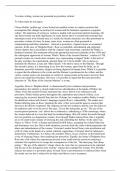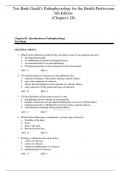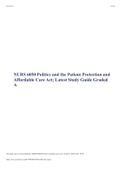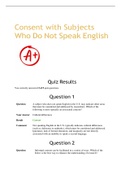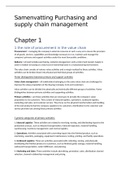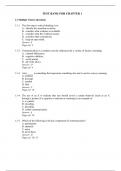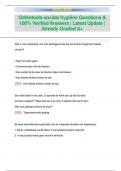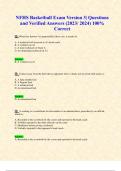Exam (elaborations)
2022: ‘In crime writing, women are presented as powerless victims’. To what extent do you agree?
- Module
- Elements of Crime Writing
- Institution
- AQA
Taken from paper 2 elements of crime in 2022. I compared 'Brighton Rock' and 'The Rime of the Ancient Mariner'. I obtained an A* on this particular question.
[Show more]
